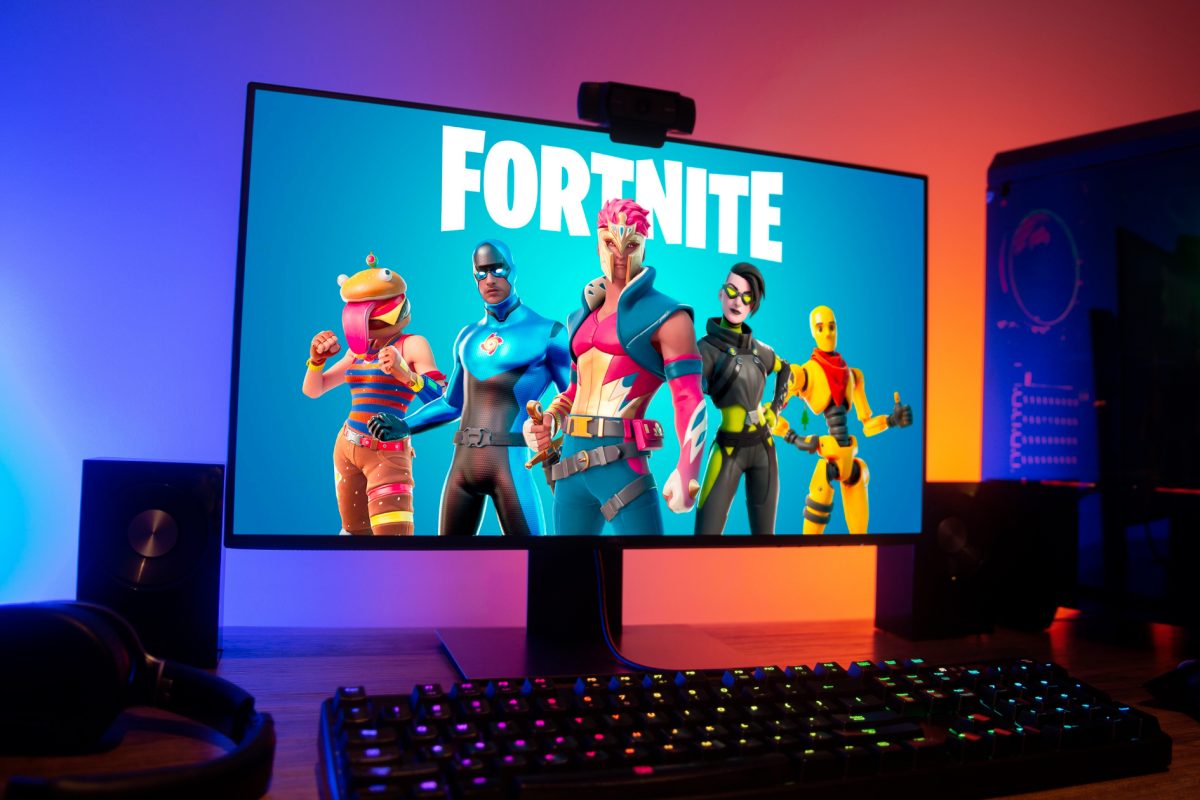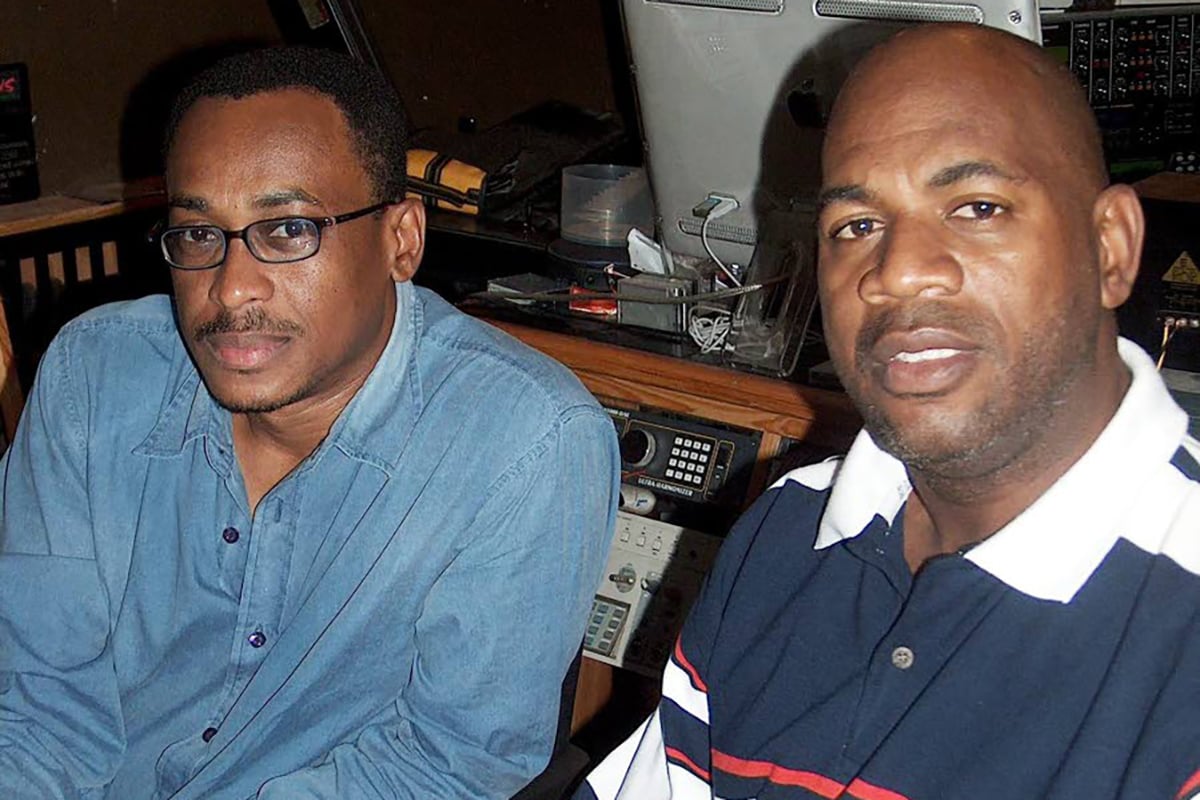Steely & Clevie Seeks ‘Fortnite’ Ruling Boost For Their Reggaetón Lawsuit

Lawyers for Steely & Clevie Productions Ltd have called attention to a fresh U.S. Appeals court decision to bolster their arguments against the dismissal of the copyright infringement they’ve filed against more than 160 Reggaetón artists, producers, and record labels.
In a new court filing on Friday (November 3), Scott Burroughs, the lead lawyer for the Jamaican company, cited the appeals court’s recent decision to revive choreographer Kyle Hanagami’s lawsuit against Epic Games, Inc. over the use of his dance moves in the popular ‘Fortnite’ video game.
Applying this to their case, Steely & Clevie’s attorney argues that their Fish Market Riddim, a foundational rhythm widely sampled in Reggaetón, should be afforded the same consideration as the choreography in the ‘Fortnite’ case.
Hanagami had sued Epic after the company allegedly created an in-game dance move titled “It’s Complicated,” based on a video of him dancing to Charlie Puth’s How Long . A federal judge dismissed the suit last year, ruling that choreography consists of “a number of individual poses” that are not copyrightable in isolation and that Hanagami’s “two-second combination of eight bodily movements” at issue was not protectable.
However, on Wednesday (November 1), the 9th Circuit U.S. Court of Appeals reversed that decision, unanimously ruling that choreography could not be reduced to individual poses or movements, much like music cannot be reduced to individual notes, per Reuters.
The appeals court noted that if a copied portion of a work is significant, the defendant cannot escape liability merely because the portion is short.
The court also ruled that Hanagami does not need to provide an exhaustive list of factual allegations regarding the elements of his choreography for his lawsuit to move past the dismissal stage.
By citing the recent decision, Steely & Clevie are seeking to prevent the dismissal of their lawsuit on the basis that their musical composition, like choreography, is more than just a collection of individual notes or beats and that it deserves full copyright protection.
They are also attempting to leverage the ‘Fortnite’ precedent to support their argument that their lawsuit should not be dismissed because the allegedly copied elements are short or because their allegations were not sufficiently detailed.
The filing on Friday comes after an October 20 hearing in California, where U.S. District Judge André Birotte Jr. heard arguments concerning six motions to dismiss the case.
The Defendants, which include Bad Bunny, Drake, Daddy Yankee, and Pitbull, have argued that elements allegedly stolen from Fish Market are not protectable under US copyright laws. They also contended, among other things, that Steely & Clevie failed to properly register their copyrights for Fish Market and the derivative Pounder Riddim before filing the lawsuit.
Judge Birotte held off on an immediate decision on whether to dismiss the case. “This is a difficult question. I see the arguments on both sides,” he said, leaving the matter pending.
Steely & Clevie claim that over 1,800 songs have infringed on the Fish Market riddim, including megahits such as Luis Fonsi’s Despacito Remix with Justin Bieber and Daddy Yankee; Bad Bunny’s MIA with Drake; Drake’s One Dance with Wizkid and Kyla; El Chombo’s Dame Tu Cosita with Cutty Ranks; Daddy Yankee’s Dura , Gasolina , and Shaky Shaky ; DJ Snake’s Taki Taki with Selena Gomez, Ozuna, Cardi B; and Pitbull’s We Are One (Ole Ola) .

